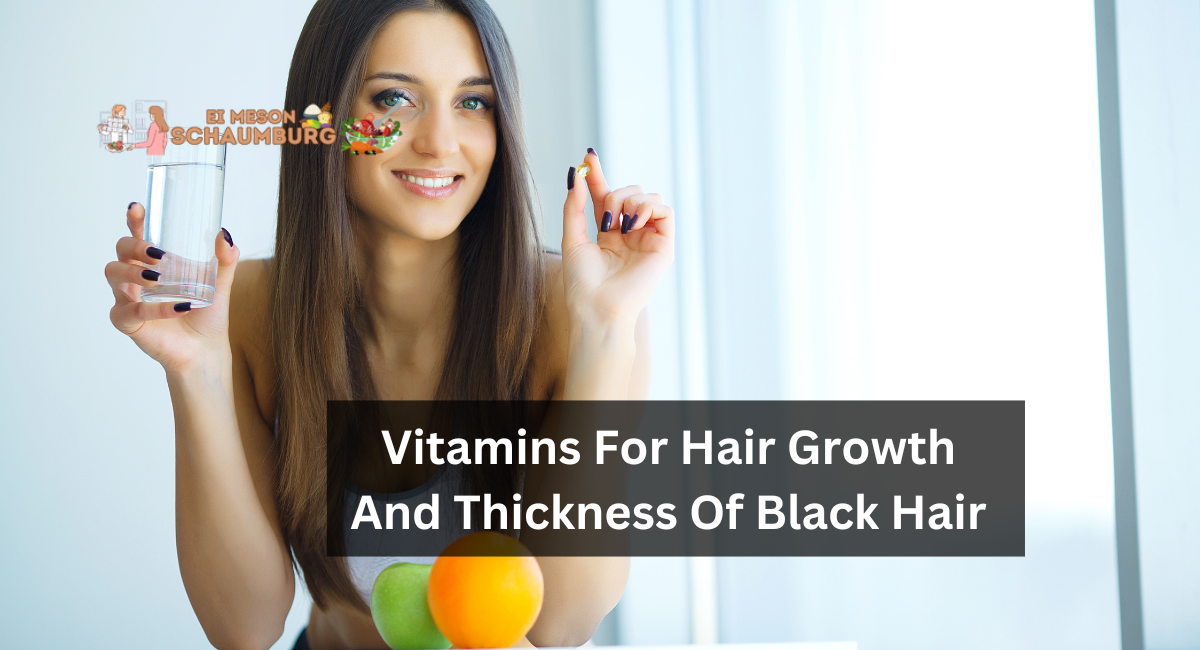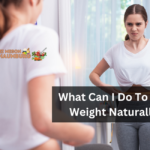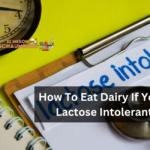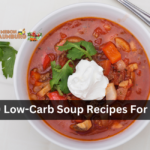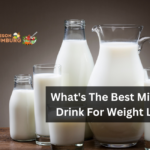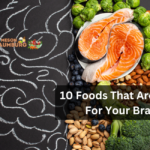Hair loss is not amusing and can sometimes be highly humiliating. Most individuals consider their hair their crest or a form of expression. Experts say daily hair loss of 50 to 100 strands is average. However, if you consistently experience clumps of hair loss, it may be a sign of a more severe problem. Medical conditions, stress, and vitamins deficiencies can all affect the health of your hair.
You can combat hair loss by evaluating your diet. A healthy way of life is essential in achieving the dense, long, and luscious hair you desire. Continue reading to discover the supplemental and natural methods for obtaining the necessary vitamins for healthy hair growth.
What vitamins are good for hair growth?
Vitamins can promote cell growth, protect hair from damage caused by free radicals, prevent premature graying, and nourish the hair follicles that stimulate growth.
Here are the finest vitamins for hair thickness and growth.
1. Biotin
Biotin, or vitamin B7, increases follicle growth by stimulating keratin production. Biotin deficiencies are uncommon, with Biotinidase Deficiency being the most prevalent diagnosis. This vitamin can be found in numerous foods, such as eggs, meat, fish, almonds, sweet potatoes, and seeds.
The suggested daily intake for adults is 30 micrograms.
2. Vitamin A
Hair cells are the most rapidly dividing cells in the body. Therefore, vitamin A is the ideal sustenance for this growth. When the body absorbs vitamin A, sebum is produced. It is an oily substance that keeps your epidermis and hair follicles healthy by moisturizing them. A deficiency in vitamin A could result in hair loss.
To consume more vitamin A, you should eat foods rich in beta-carotene, converted into vitamin A. Beta-carotene-rich foods consist of sweet potatoes, pumpkin, carrots, spinach, and kale. Additionally, it is present in cod liver oil, eggs, yogurt, and milk.
Vitamin A has a recommended daily intake of as much as 900 mcg for men and 700 mcg for women.
3. Vitamin C
One of the most significant factors that lead to hair loss is oxidative stress. It occurs when there is an imbalance of free radicals and antioxidants in the body, which may result in an electron imbalance and hair loss.
The solution is to ingest vitamin C-rich foods. Your body contains antioxidants that prevent hair damage from free radicals by balancing their electrons. In addition to balancing the scales, Vitamin C assists the body in manufacturing collagen (which contains premature graying of the hair) and absorbing iron, which promotes hair growth. A lack of vitamin C can be triggered by smoking, alcohol consumption, and an inadequate diet.
Citrus fruits, peppers, strawberries, tomatoes, and guavas all contain vitamin C. Since your body does not produce vitamin C, you must consume these foods or take a vitamin C supplement.
Adult men may consume up to 90 milligrams of vitamin C daily, while adult women may consume up to 75 milligrams daily. A vitamin C overdose may cause indigestion, muscle cramps, fatigue, skin flushing, and kidney stones.
4. Vitamin D
Vitamin D lacks may lead to hair loss disorders such as alopecia, female pattern hair loss, and excessive shedding. These deficiencies are more prevalent in individuals aged 65 and older.
You may boost your vitamin D intake by eating oily fish, oil from cod liver, fortified foods (cereal, eggs, bread, yogurt), and mushrooms. Optionally, you can soak up some midday sun.
As health professionals recommend, adults should consume 600 IU of vitamin D daily. Excess vitamin D can cause nausea, weight loss, disorientation, and cardiac rhythm problems.
5. Vitamin E
Vitamin E possesses the same antioxidant properties as vitamin C. It indicates that it can reduce oxidative stress by harmonizing the level of electrons in free radicals. Individuals with Crohn’s disease or cystic fibrosis are more susceptible to vitamin E deficiency.
Vitamin E is an efficient treatment for hair loss. A modest study revealed that those who took vitamin E supplements for eight months saw an increase in hair growth of 34.5%. In addition to sunflower seeds, spinach, avocados, and almonds contain vitamin E.
If you intend to take dietary supplements, the recommended daily allowance is 15 milligrams.
6. Iron
Iron is necessary for synthesizing hemoglobin, an amino acid in red blood cells. These cells deliver air to cells throughout the body, facilitating their growth and repair. Iron deficiency can result in hair loss, with women being particularly susceptible.
Iron can be found in eggs, red meat, lentils, spinach, oysters, and mussels. If recommended by your physician, you can take an iron supplement.
The daily iron ingestion recommendation is 45 mg. Remember that excessive iron consumption can cause constipation, stomach distress, and vomiting.
7. Zinc
Zinc promotes hair growth and maintains the health of the sebaceous glands surrounding hair follicles. If you are deficient in Zinc, you may experience hair loss. Those who consume excessive amounts of alcohol, those with Crohn’s illness, anticipating or breastfeeding women, and those with ongoing kidney problems are most prone to zinc deficiency.
Many prevalent foods contain Zinc, including beef, spinach, wheat germ, pumpkin seeds, oysters, and lentils. Iron is recommended at 11 milligrams daily for men and 8 mg for women. An overdose may result in appetite loss, cramps, and migraines. It can also reduce healthy cholesterol levels.
How long do hair growth vitamins take to work?
Hair supplements are not instantaneous fixes. It may take several months before you observe minor improvements. Remember that the success rate is contingent on the cause of hair loss, diet, heredity, and other factors.
Vitamins can repair damaged hair, prevent premature aging, reduce hair loss, and enhance hair growth and volume. They are not, however, a one-size-fits-all solution. If your hair loss is caused by stressful environments, underlying medical conditions, or genetics, you should consult your doctor, who can construct a targeted treatment plan that may include vitamins.
Thank you for reading….
